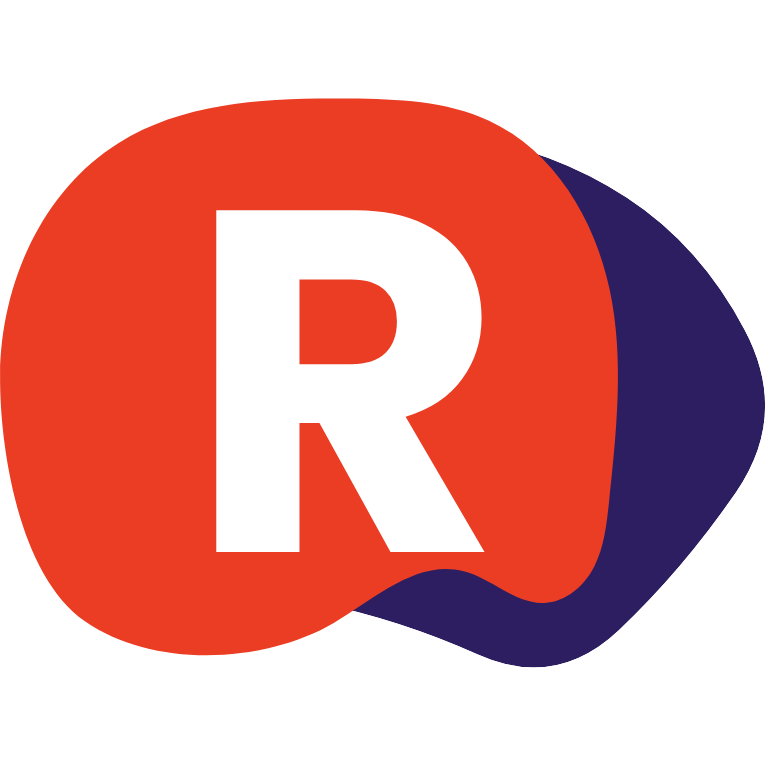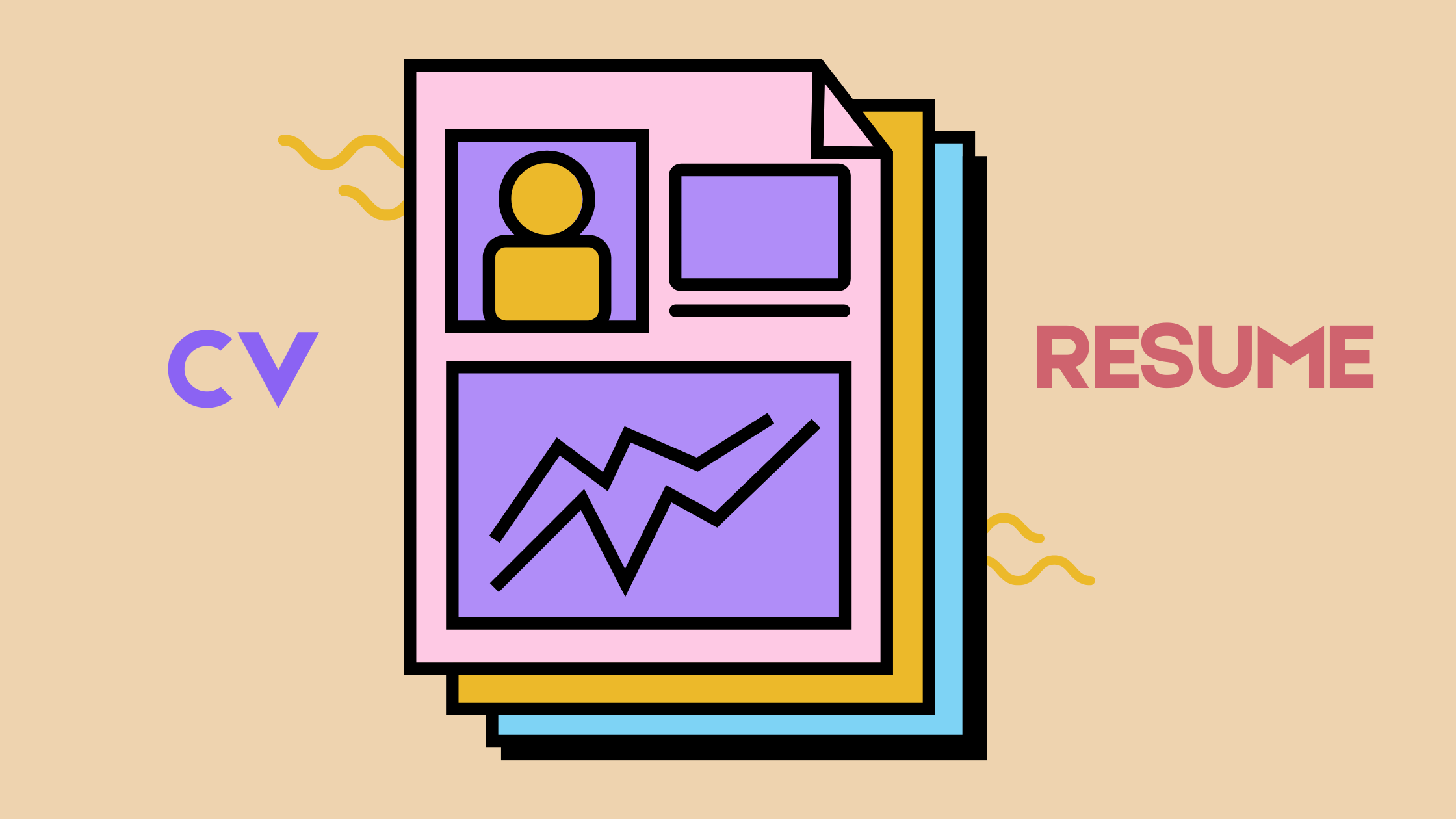What is a Resume, Really? A Guide for the Modern Job Seeker

What is a resume? It's more than a piece of paper. Learn the purpose of a resume and what to include to make yours stand out in today's job market.
What is a resume? It's more than a piece of paper. Learn the purpose of a resume and what to include to make yours stand out in today's job market.
So, What's the Big Deal About a Resume Anyway?
If you've ever applied for a job, you've been asked for a resume. But have you ever stopped to think about what a resume really is? It's not just a boring document that lists your past jobs. In today's competitive job market, your resume is your number one marketing tool.
Think of it this way: a recruiter might spend as little as six seconds scanning your resume before deciding if you're a potential fit. In that tiny window of time, your resume has to do some heavy lifting. It needs to grab their attention, showcase your skills, and convince them that you're worth talking to.
So, a resume isn't just a summary of your past; it's a strategic pitch for your future.
The Core Components of a Winning Resume
While every resume should be tailored to the specific job you're applying for, there are a few essential components that every great resume needs.
1. Your Contact Information
This might seem obvious, but you'd be surprised how many people get it wrong. Make sure your name, phone number, and professional email address are clear and easy to find at the top of the page. You can also include a link to your LinkedIn profile.
2. The Professional Summary
This is your elevator pitch. In 2-3 powerful sentences right at the top of your resume, you need to summarize who you are, what you do, and what you're looking for. A strong professional summary can be the difference between a recruiter reading on or moving on to the next candidate.
3. Your Career History (The Right Way)
This is the heart of your resume. But don't just list your job duties. For each role, focus on your achievements. Use bullet points and action verbs to highlight what you accomplished. Modern resume-building platforms like Resumost.com often have features that help you phrase your accomplishments for maximum impact.
4. Skills and Qualifications
This is your chance to show off your technical know-how and your personal attributes. Create a dedicated "Skills" section and include a mix of hard skills (like software proficiency or language fluency) and soft skills (like communication, teamwork, and problem-solving).
5. Education and Certifications
List your formal education, including your degree and the institution you attended. You can also include any relevant certifications or professional development courses you've completed.
What's the Difference Between a Resume and a CV?
You might have heard the term "CV" (Curriculum Vitae) used interchangeably with "resume," but there are some key differences.
- Resume: A short, concise document (usually 1-2 pages) that is tailored to a specific job.
- CV: A more detailed, multi-page document that provides a comprehensive overview of your academic and professional career. CVs are more commonly used in academia and for research positions.
In most industries, a resume is what you'll need.
Your resume is your ticket to getting an interview. It's a living document that should evolve with your career. By understanding its true purpose and what to include, you can create a powerful tool that opens doors to exciting new opportunities.
Ready to build a resume that gets you noticed? Explore professional templates and get expert guidance at Resumost.com.
© 2025 Resumost.
We love that you're reading our work! Please note that this content is our own. If you'd like to share or re-post it, please reach out to us for permission first. Unauthorized scraping of this site is not permitted.

Resumost
Resumost instantly creates a compelling, professional letter based on your newly tailored resume and the specific job you're targeting.


